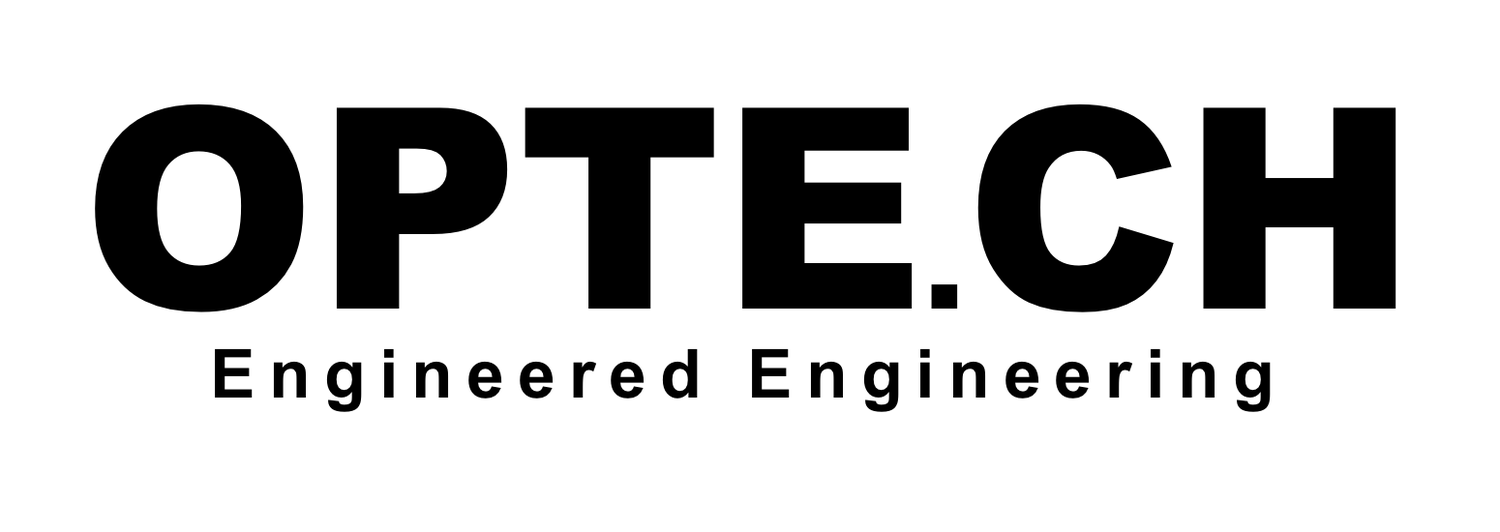[Note: Sorry for the duplicate post, I really didn't like that first title.]
News broke (subscription required) over the holiday weekend that Apple is rumored to announce a home automation solution and/or platform at WWDC this year. Of course, rumors like this are to be taken with a grain of salt, but John Gruber's reply of "I’m pretty excited for next week." is classic Gruber-speak (albeit not a sure thing) for "this is happening."
So why does Apple have a shot at this working? How do they possibly expect to release a platform for the home when they're so notorious for closed ecosystems? Surely everyone can't afford to outfit their entire home in Apple products. This is only speculation, but here's how I think Apple can easily capitalize on this opportunity.
Framework is in Place
I've pointed this out before, but it is worth highlighting again. Apple is exceptionally good at putting a framework in place over the course of years without anyone giving it too much attention, then they drop a bomb of an announcement and suddenly everyone realizes the framework is in place already. Competitors have a hard time catching up because that framework takes years to build. Their iBeacon strategy is exactly that, though I don't think we've seen the bombshell of how it'll be utilized yet.
One big hurdle for home automation is cost. There is always a hub that must act as a brain for the whole thing, and that hub is usually quite expensive. Apple has this problem solved already with at least one iOS device in hundreds of millions of homes across the world. There is some concern for whether or not those devices stay within the home (or even need to) to keep the smart home products working, but that doesn't seem like a hard problem to solve with devices being connected so much of the time now.
With this infrastructure, Apple already has the app distribution system in place, the payment solution in place, the third party relationships in place, and the biggest monetary investment from the customer's perspective has already been made. It also doesn't hurt that Apple's solution here is supported by their vested interest in user privacy. Apple has already made their money from the customer, they don't need to sell user data; in fact they're highly motivated to keep that data as safe as possible to keep customers happy - this solves one of the major potential road blocks I highlighted in my piece "The Trouble with the Internet of Things."
Closed Yet Open
Apple has very tight rules on how you can play in their ecosystem. They've also drawn some very controversial lines in the sand related to things like customization, inter-app data sharing, and plenty more. However, they're also smart. They know that they can't do everything themselves, they saw that when they announced the App Store, and surely they see it with a smart home solution. Apple makes a hell of a platform for both users and developers.
Apple doesn't have to make any new hardware for this home automation solution. That's pretty insane if you think about it. It also gives them a massive head start (except against Google, more on that later). All they have to do is enable third parties to make products that adhere to the rules and use the APIs that Apple creates.
What better time to announce these new APIs than at WWDC? With some choice hardware partners they'll have a modest set of "solutions" available on the day that iOS 8 ships to the public this fall. All a user has to do is update their iPhone or iPad and buy a couple of accessories and their home is suddenly connected. We aren't too far from this right now with Lockitron and others, but I think by Apple taking on the infrastructure costs (servers, security, APIs, etc.) we can drive the third party prices down to more reasonable levels for a wider market.
Perfectly Apple
This sounds perfectly Apple to me. The hints have been there for years. The market is very large. The platform is already in place with the up-front costs largely already behind us. Third parties and customers both need a stable and universal platform to enable the "smart home" dream, and that's been really hard for any one company to provide. Apple is positioned perfectly, their reputation for respecting user privacy is in place, their reputation for stability and ease of use is strong. I'd be more surprised if this doesn't happen than if it does.
As an aside, the connected home dream is largely why Google purchased Nest. I expect to see offerings from them very soon as well, much sooner if Apple announces theirs next week. It'll be interesting to see how the two approaches to solving this sell and grow.


